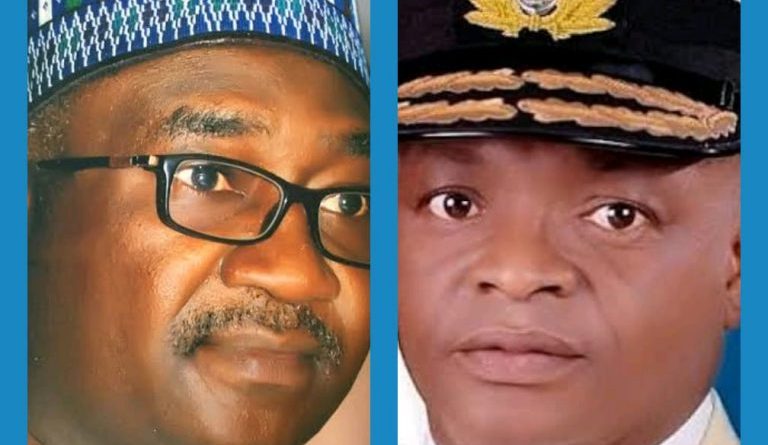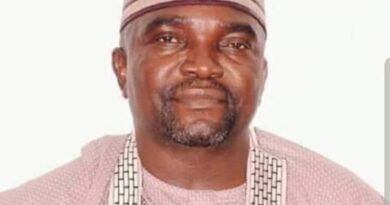Nigerian Navy Dares NIPR, Appoints Non-Professional As Spokesperson
The Nigerian Institute of Public Relations (NIPR) is set for a showdown with authorities of the Nigerian Navy over its planned appointment of Commodore Ayo Vaughan as the new Naval spokesperson.
PRNigeria gathered that Vaughan, who may soon be officially announced as the Director Naval information lacks training on ‘effectively’ carrying out activities of public relations and strategic communication, something occupants of his new office are expected to have.
Checks further revealed that the new Naval spokesperson is neither a certified PR professional nor had any educational training on public relations.
In a bid to safeguard the sanctity of the PR ‘trade’, NIPR, has severally kicked against the appointment of non-professionals as spokespersons of the various arms, and units of critical institutions including the Nigerian military, at the expense of officers with qualifications and sound backgrounds in communication.
Recently, representatives of the Nigerian Institute of Public Relations (NIPR) were conspicuously absent at the inauguration of a new Defence Spokesman in Abuja when the Nigerian Army deployed an Infantry officer as the new Director of Defence Information (DDI).
Speaking to PRNigeria on the latest development, a council member and Fellow of NIPR expressed dismay that the Nigerian military consistently disregarded the statutory provisions on the appointment of spokesperson in critical institutions and other public and private organisations.
The senior PR practitioner said: “They are aware of the legal implications of such appointments which is against the Nigerian laws, especially after our various correspondences and engagements with them.
“Whenever they appoint Heads of their Account, Legal, Engineering and Medical Departments, for instance, they ensure they are qualified and certified accountants, lawyers, engineers and Doctors for the top offices… Why should they treat Information and Public Relations departments differently? This deliberate policy of embarrassing a professional body for image-maker and crisis communicators is very unfair and unfortunate.
“There are set parameters of knowledge you need to acquire before you can practice public relations. There is also laid down rules about appointing spokespersons. The law establishing NIPR makes it a criminal offence for anybody to practice public relations by whatever name without certification or license by NIPR. The law provides for imprisonment, fine, or both for offenders.
“I think this time around we may go to court over the illegal and unconstitutional attitudes of flouting basic requirements in appointing professional and certified personnel for the job of spokespersons,” he concluded




